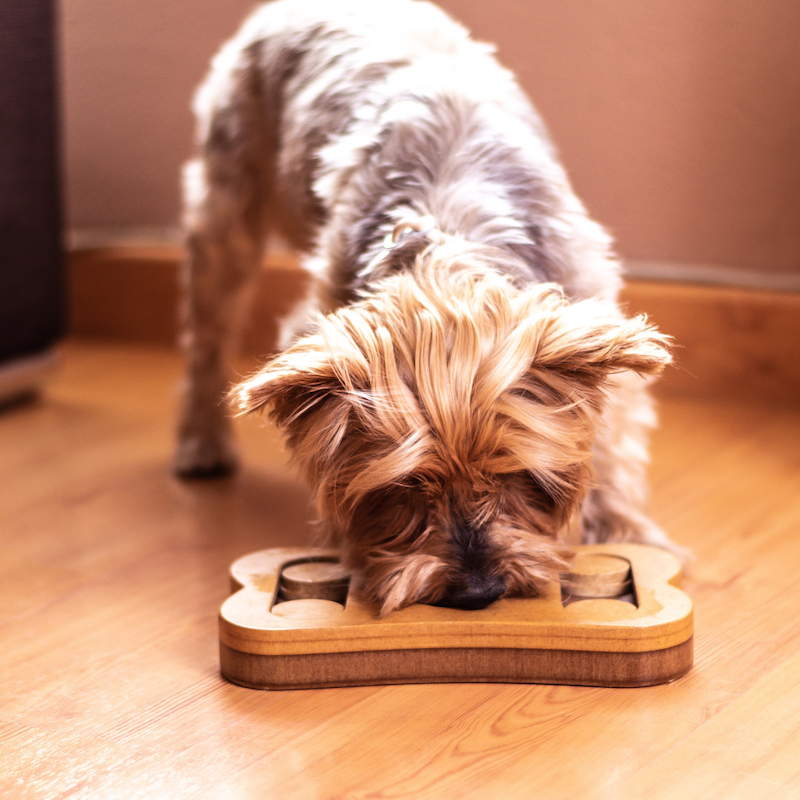4 Ways Regular Health Checks Can Help Your Senior Pet Thrive

As your beloved dog or cat enters their senior years, their health needs can begin to change. Just like humans, aging pets are more prone to certain illnesses and conditions that can develop gradually and often go unnoticed without proper veterinary care.
The good news? With regular senior pet health checks, you can help your furry friend enjoy a longer, happier, and more comfortable life.
In this guide, we’ll explore four key ways regular veterinary visits, including blood tests, dental care, and monitoring for lumps, bumps, and skin changes, can support your pet’s wellbeing as they age.
1. The importance of senior pet health checks
Pets are generally considered senior from around 7 years of age (depending on their breed and size). As they age, they become more susceptible to chronic conditions such as arthritis, kidney disease, diabetes, and liver issues.
That’s why we recommend senior dogs and cats have a health check every 6 months.
During a senior health exam, we can:
- Detect early signs of chronic disease
- Monitor subtle weight or behavioural changes
- Adjust their diet, exercise, and medication as needed
These check-ups typically include a full physical exam, weight tracking, and a discussion about any changes you’ve noticed at home.
2. Regular blood tests for early detection
Many illnesses in aging pets don’t show symptoms right away. Routine blood tests are crucial in detecting internal issues before they become serious or harder to manage.
Blood work helps monitor:
- Kidney and liver function
- Thyroid hormone levels
- Blood sugar (glucose)
- Electrolyte balance
- Signs of infection or inflammation
Establishing a baseline for your pet’s blood values also allows us to track changes over time, making early diagnosis and treatment more effective.
3. Senior pet dental care
Dental disease is one of the most common (and most overlooked) health problems in older pets. Gum infections and tooth decay can cause serious pain and may even lead to heart, kidney, or liver complications if bacteria spread through the bloodstream.
Watch for signs like:
- Bad breath
- Drooling or difficulty chewing
- Red gums or visible tartar
- Pawing at the mouth
Regular dental check-ups and professional cleanings help maintain your pet’s overall health and prevent unnecessary discomfort.
4. Monitoring lumps, bumps, and skin changes
As pets age, they often develop lumps or skin growths. While some are harmless (like lipomas), others can be more serious, such as cysts or even tumours.
We recommend:
- Regularly checking your pet for new lumps or changes
- Having any new growths examined by your vet promptly
- Considering a fine needle aspirate or biopsy if advised
Early detection is key to peace of mind and better treatment outcomes.
Helping your pet age gracefully
Your pet has given you unconditional love for years. As they get older, they depend on you to help them stay comfortable and healthy. By staying on top of senior pet wellness checks, routine blood tests, dental care, and monitoring physical changes, you’re giving them the best chance at a happy, pain-free life.
If your dog or cat is approaching their senior years, our compassionate team is here to support you every step of the way.
Book a senior pet check-up today and let’s work together to help your pet live their very best life, long into their golden years.





